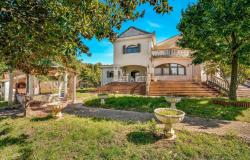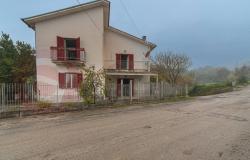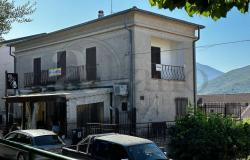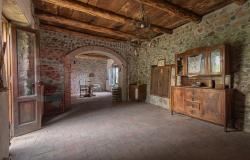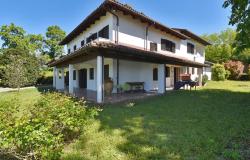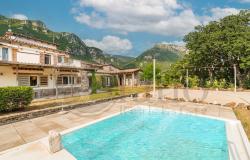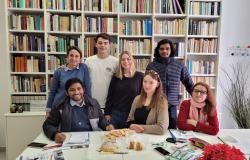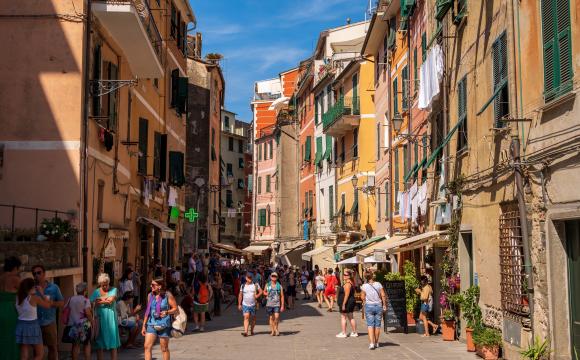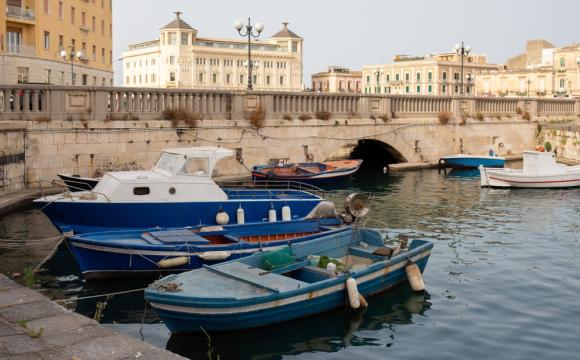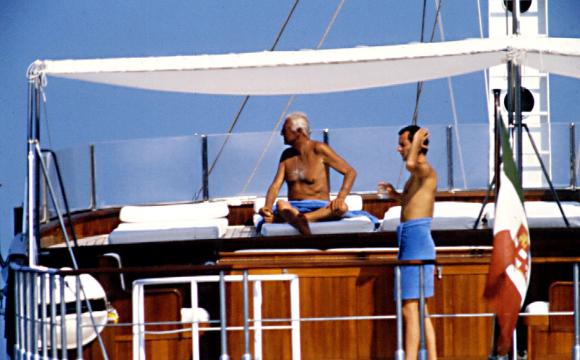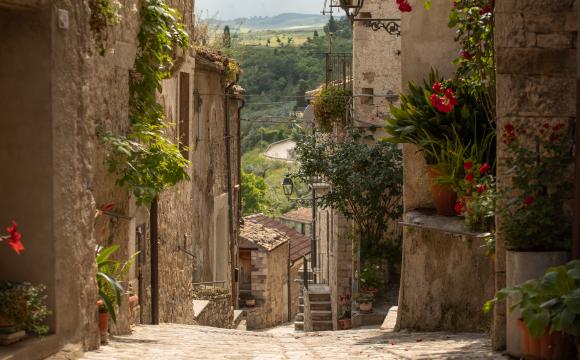Time has dimmed the memory. I’m not sure when my addiction to murder, mystery and whodunnits began or even why. When did I prefer the logic, method, and thrill of Sherlock Holmes and Hercule Poirot to the heroic, hunky men, and voluptuous risk-taking sirens living sizzling encounters in romance novels? It must have been after the teen years when I dated and married and realized that the men in front of me were considerably less sensitive and less chivalrous than men inside the books. After the divorce, a hypnotic and somewhat morbid fascination with murder sent me hurrying to the library on a monthly basis voraciously consuming books on true crime. I would smile inside and think, “If anyone looked at my borrowing history, they would be certain I was trying to commit the perfect murder.” While I love the compelling nature of the mystery puzzle, I enjoyed tempering it with my other passion; all that stuff that happened hundreds of years ago.

I decided to visit Rome for a milestone birthday and was barely off the plane when I trudged into the Coliseum. The brittle crumbling stones of this ancient theatre breathed life, permitting a glimpse into another world. I heard the throngs cheering the mock sea battles, the dramas, or my preference the muscular gladiators in chest-baring and somewhat sexy gear. By the time I had seen the Trevi Fountain twice, I was hooked on the glory, history, and thrill of this majestic ancient land. This was the moment that, unknowingly, the seed took root that would blossom into a passion for historical crime writing.

After two years in Sicily, I moved to Florence. Here, my love for the Renaissance era was stoked in a way that photographs and stories had never achieved. I spent Sundays in the city centre weaving between hordes of visitors. I tried not to appear like a whacko as I stroked the rough stones of the Medici homes and other palazzos with my eyes closed trying to absorb their memories through my fingertips. I didn’t walk with my head down because I felt shy; staring at the road permitted me to block modern life and imagine da Vinci or Michelangelo bustling from studio to patron on those very streets, Botticelli throwing tangible genius onto the fire and the end of Savaranola’s madness by the hangman. Passing the cathedral with its marvel of architectural engineering, the Duomo, I felt possessive and protective. How lucky I am to live here, I thought as I pushed past the camera-toting crowds jostling to get inside. The ancient rhythms of this magnificent city had embraced my soul unconditionally, and I could travel back to a city realizing its glory and relive the past anytime I wanted.

Sitting in the garden of my fourteenth-century farmhouse, I was relaxing under the midnight stars as a full golden moon watched over me. Without warning ideas like drifting leaves flooded my mind. The next morning, in the clutches of vision, I sat at my laptop staring at the screen and thought and thought and thought. Once I knew the direction of my story, the words poured forth, hour after hour, day after day. I had the means to take others along on a journey to a time and place in history that chiselled the future forever, and I was excited. Every night, I climbed into bed and asked for guidance.

I had read that some of the greatest minds believed they were only the mechanism through which solutions flowed and that these came from a higher power. Writing became a spiritual, cathartic almost magical experience. I hardly went anywhere and had to force myself to eat and move when my stomach howled, and my ankles became swollen. The social life diminished with the regular exercise regimen as I hardly noticed the hours passing. I wrote and researched then wrote some more. The time had come to move, and I did not write for more than four months after I left Florence. Brain drain had set in. The mundane had dampened the inspiration and the wolf was at the door. I was mentally exhausted and happy to step back and wait for the next wave of illumination.

It finally returned in La Serra, a small medieval village overlooking the sea set in the mountains near La Spezia north of Tuscany. The day I walked along the sandy cove, the Golfo dei Poeti (Golf of the Poets) and a friend pointed out the house that D.H. Lawrence had stayed in, then, a second house only metres away that had been a respite to Lord Byron, a tingle went through me. I had arrived in this place by chance, and this was a sign. The time had come to finish. Mesmerized by the same beauty that had inspired Lawrence and Byron, I continued the intimacy with my characters. Fourteen months before When Angels Fall A Benedetti Renaissance Mystery was born! Race along the passageways of love, murder, betrayal, and treachery as a previously unknown evil wraps its feathery arms of death around the women of Florence. A detour from the second in the series, Broken Faith has me tell a different crime story, a contemporary fiction set in Naples, Wall of Silence, which will be out this summer. I never force an idea, and I never write about something that does not demand my immediate attention and compliance. I am no longer merely addicted to reading about crime and history. I am addicted to writing about them. Always write about what you love, the voice you want heard and never about what you think might make you rich. As Ernest Hemingway said, “Madame, all stories if continued far enough end in death, and he is no true storyteller who would keep that from you.”

Hillary Corby was born in the U.K. and spent her childhood in Jamaica then moved to the U.S. to complete her degree and then on to Vancouver, Canada. Now, she lives in Italy with her two rescued dogs, Robbi and Cleo. She has lived in Rome, Florence, Palermo, Sicily and now in Bordighera near the French border. This is her debut novel, historical fiction set in Renaissance Florence. She brings authenticity to her writing because of her life in that city. www.hacorby.wordpress.com Write to her at Hillary_Corby@hotmail.com

